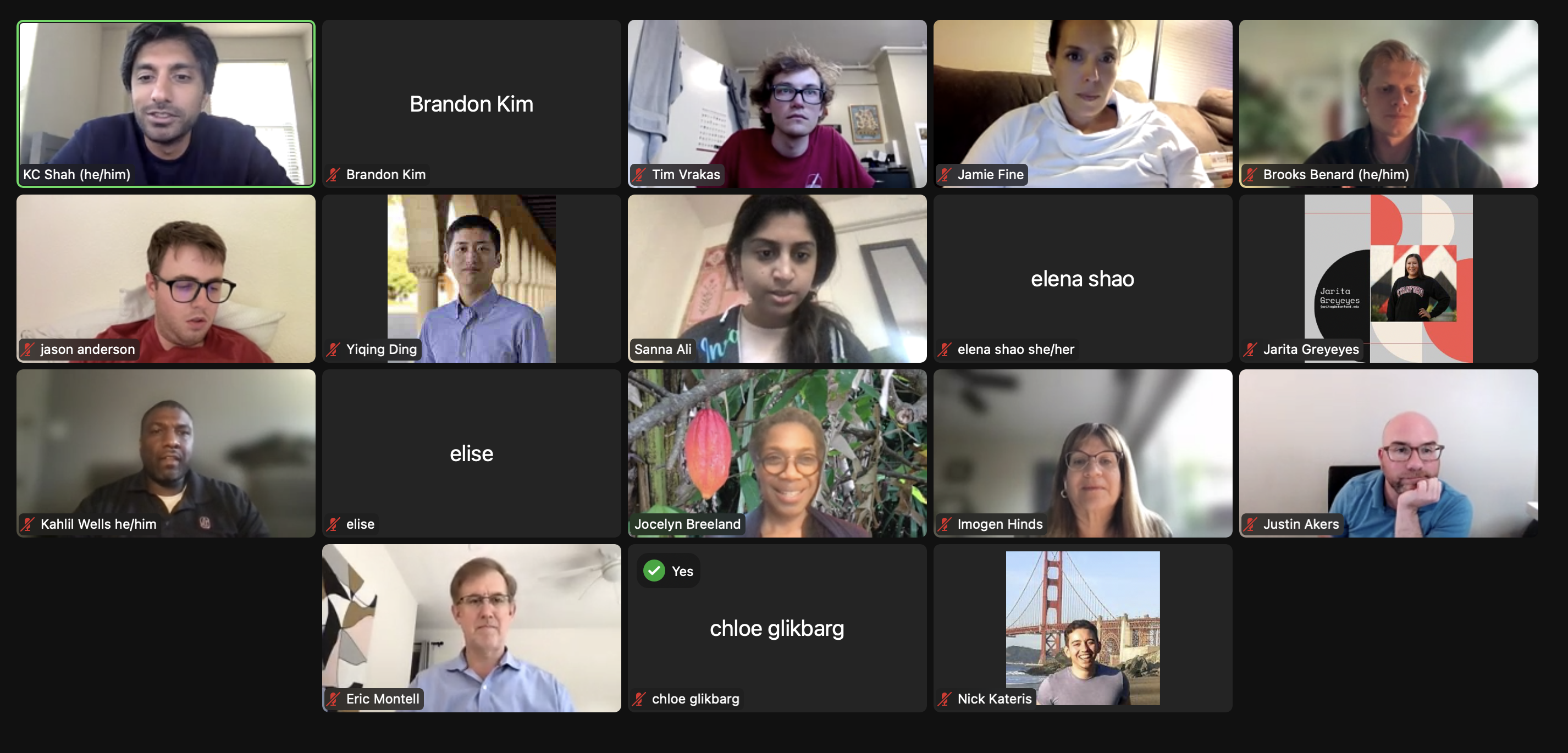The Graduate Student Council (GSC) criticized Stanford’s decision to eliminate free Caltrain Go Passes for graduate students during its Wednesday meeting.
The conversation followed an email that the University sent to some graduate students announcing the discontinuation of the Caltrain Go Pass program by the end of 2022. Currently, Stanford purchases an annual Go Pass for all graduate students, which enables them to take unlimited rides on Caltrain. Councilors heard from Filip Simeski, a fifth-year Ph.D. student in mechanical engineering, who spoke about the impact of Stanford’s decision.
According to Simeski, who received an email from the University explaining the decision, Stanford’s discontinuation of the Go Pass program was motivated partly by the completion of Escondido Village Graduate Residences in Autumn 2020, which provided additional housing space for graduate students. The University also cited that they currently must provide Go Passes for all eligible off-campus graduate students, as per its contract with Caltrain, despite only 25% of those students actually requesting passes.
Councilor and fifth-year cancer biology Ph.D. student Brooks Benard floated the possibility of Stanford renegotiating its contract with Caltrain such that the University would need to pay only for graduate students who requested Caltrain Go Passes.
“It seems like a win-win for everyone,” Benard said. “They’re saving money, students have access.”
Simeski urged councilors to raise the issue in future conversations with the Office of the Vice Provost of Graduate Education, contending that discontinuing the Go Pass has a disproportionate impact on students with partners and families, who would not be able to easily uproot from their current off-campus residences.
“I was very appalled by this,” Simeski said. “There are many reasons why students need this program.”
Jarita Greyeyes, a councilor and fourth-year education Ph.D. student, brought councilors’ attention to the plight of another student, who she said recently asked her for help with accessing fertility treatments. The student applied for Emergency Grant-In-Aid (EGIA) and was denied both initially and on appeal, which Greyeyes called “disturbing” given the importance of including students with families.
Jamie Fine, a GSC councilor and fifth-year modern thought and literature Ph.D. student, urged Stanford to include fertility treatment as part of Cardinal Care coverage, noting that many healthcare providers currently do not cover fertility treatment as it is not treated as “necessary healthcare.” Fine also echoed Greyeyes’ concern that EGIA was denied to the student and explained the nature of what is covered by EGIA can be confusing. Councilors resolved to follow up with the financial aid office about the student’s issue and the need for increased transparency in the financial aid process.
Councilors also raised several student concerns with Residential & Dining Enterprises (R&DE) representatives in their biweekly portion of the meeting, including worries about dining halls’ plan to phase out to-go boxes. GSC co-chair and fifth-year communications Ph.D. student Sanna Ali pointed to lingering COVID-19 worries, noting that some students may still want to have food to-go.
R&DE representatives acknowledged the “difficult transition back out” of COVID-19 restrictions, noting that while to-go boxes would still be phased out, students would still be able to take plates of food with them as long as they returned the plates to the dining halls.
Councilors also outlined potential solutions to low participation from students who had signed up for R&DE’s monthly food pantries. Approximately two thirds of those who register for the events actually show up, representatives said, which makes it difficult to predict how much food to order. Ali proposed sending reminder emails to students who have signed up for the pantry mailing list.
Councilors also unanimously approved annual grants for the 2022-2023 fiscal year for student groups on campus. The total amount approved was approximately $3.4 million, with the GSC responsible for about $536,000 of that total. Councilors are set to vote next week on a resolution that would consider the EV Families housing organization as eligible for an annual grant, as it is currently excluded from approval because it is not listed as a voluntary student organization.
Councilors will also vote next week on the 2022 Constitutional Reform Act, a bill that would add six amendments to the Spring 2022 ASSU General Election ballot. Included in these reforms is an amendment that would help implement a single transferable vote system for future ASSU elections and remove gendered language from the ASSU Constitution. Several of these resolutions were on the ballot during the 2021 election, but failed to pass after graduate voter participation rates did not meet the necessary threshold.
